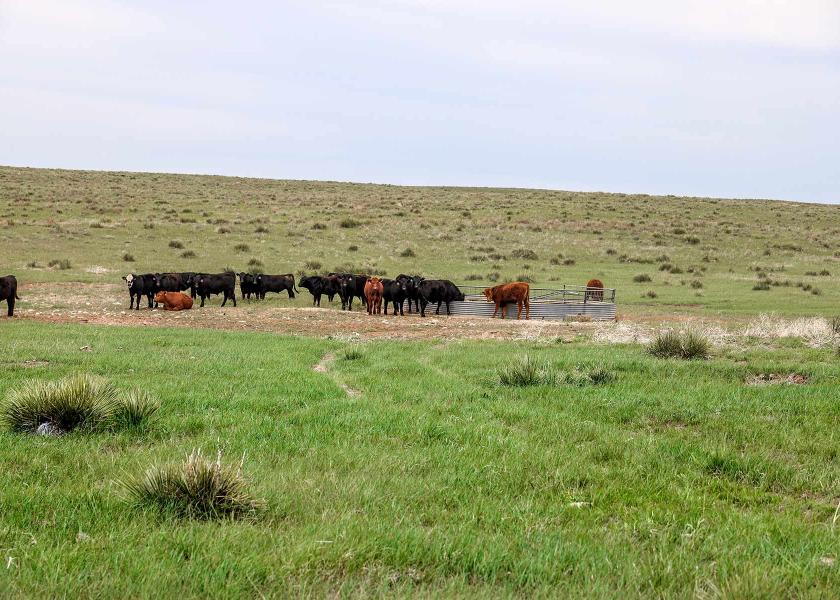Speer: The Most Important Thing

Risk Management: My previous column concluded with this observation from an email I recently received: “There are seasoned risk managers…Those people know that they don’t know [what the market will be] and act accordingly day in and day out. It’s pretty boring…and consistently profitable.” That is, risk management is essential to the bottom-line (see #3, #4, #5, #7, #8 below).
Howard Marks: The discussion reminded me of one of Howard Marks’ (founder and co-chairman, Oaktree Capital Management) most influential memos during his esteemed career: The Most Important Thing. Marks wrote it in 2003 and ultimately turned it into a book by the same title.
The memo begins this way: “I repeatedly hear myself say, ‘the most important thing is X’….And then minutes later it’s ‘the most important thing is Y’ (and then Z, and so on).”
Ultimately, many of the things Marks writes about is really about psychology and decision making. That is, the most important thing largely revolves around our perspective, and subsequent management, of risk (or lack thereof). And while Marks’ is largely writing to equity investors, the principles are equally applicable to agriculture (after all, farming and ranching IS investment - with equity at risk on a daily basis).
The List: So, my highlights from Marks’ memo include the following:
- …[the] biggest losses have come when…[someone] thought…nothing could go wrong.
- … strongly-held views had better be right. Few things are more dangerous than an incorrect opinion held with conviction and relied on to excess.
- The most important thing is investing [marketing] defensively.
- If we avoid the losers, the winners will take care of themselves.
- [marketing] defensively can cause you to miss out on things that are hot and get hotter…You may hit fewer home runs than another investor…by you’re also likely to have fewer strikeouts and fewer inning-ending double plays.
- Worry that there’s something you don’t know.
- [Quit worrying about beating the market] – Keeping up with the market while bearing less risk is at least as great an accomplishment, although few people talk about it in the same glowing terms.
- In good times the greatest rewards are likely to go for risk bearing rather than caution. Thus, to beat the averages in good times, we’d probably need to accept above-average risk…risk that could turn around and bite us in a minute.
- Thousands of economists and strategists are willing to tell us what lies ahead. That’s all good, but the record indicates that their insights are rarely superior.
- One thing each market participant has to decide is whether he (or she) does or does not believe in the ability to see into the future: the “I know” school versus the “I don’t know” school. The ramifications of this decision are enormous.
- If you feel the future isn’t knowable…you’ll invest [market] defensively.
Psychology Of Money: Further to the point, Morgan Housel (The Psychology of Money, c. 2020) explains that when it comes to money (i.e. markets) we often tell ourselves things that might not be true. We’re prone to generating what he terms, ‘appealing fictions’ (see #1, #2 above). We do so because the world is complex and sometimes overwhelming: “We all want the complicated world we live in to make sense. So we tell ourselves stories to fill in the gaps of what effectively are blind spots.”
But therein lies the key, the blind spots (see #6, #10, #11 above) are where we get trapped (and then express regret). But to be sure, there’ll always be blind spots because it’s impossible to know everything. (see Think vs. Know and Things That Never Happen)
More In-look: Perhaps the best summary comes from Dr. Ed Usset, University of Minnesota. (He just released a new edition of his book, Grain Marketing Is Simple, It’s Just Not Easy.)
Dr. Usset was recently a guest on the year-end episode of Market Talk. He was asked about the importance of having a marketing plan (emphasis) going into 2024. In line with Marks’ The Most Important Thing and Housel’s ‘appealing fictions’ he responded this way (zeroing in on #9 above): “Producers are bombarded with outlook – opinions on the market…And I tell people, try doing an in-look…”







